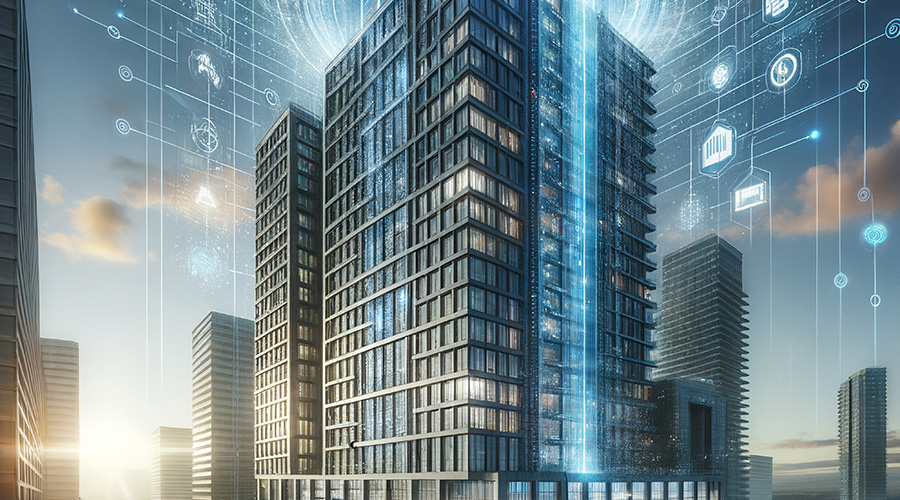Reinforcing the Obvious: Maintenance Matters
 You can hardly turn around today without running into one green issue or another. Also, technology advances of almost any kind continue to transfix facility executives. And violent acts on campuses and elsewhere regularly make tragic headlines.
You can hardly turn around today without running into one green issue or another. Also, technology advances of almost any kind continue to transfix facility executives. And violent acts on campuses and elsewhere regularly make tragic headlines.
With these and other hot-button, real-time issues to deal with, it’s little wonder that facility executives and their organizations routinely get caught up in whatever topics happen to be new, high-profile, or attention-grabbing.
So once in a while, maintenance and engineering managers need to remind facility executives, their peers and anyone else who will listen that maintenance matters in order for organizations to achieve their goals.
How does it matter? Let me list some of the ways.
Maintenance means green. Take the Leadership in Energy and Environmental Design (LEED) program, for example. As evidence of the role of ongoing maintenance and operations play in earning this certification, look no further than the first sentence describing the program on its own web site. The LEED rating system, it says, “is a nationally recognized benchmark for the design, construction and operation of high-performance green buildings …” Yep, operation. Whether executives are aiming for LEED certification or not, they can’t get to green without proper attention to maintenance and operations.
Maintenance means productivity. Several recent studies have documented what common sense has long told us: A strong and direct link exists between the conditions of and in buildings and the health and productivity of their occupants, whether they are students, nurses or office workers. Devote the appropriate resources to facilities maintenance, and the productivity of occupants probably will improve.
Maintenance means safety. Whether the issue is testing and repairing the components of fire-safety systems, fixing sidewalks to prevent trips and falls, or properly managing hazardous materials, maintenance departments help institutional and commercial organizations comply with stringent safety requirements and, more importantly, prevent injuries to occupants and visitors.
Maintenance means savings. Where to begin? How about the energy savings that come from chillers, boilers and motors that are tested and monitored regularly and repaired as needed to operate more efficiently? Or the savings from the maintenance of plumbing systems and components to minimize water use and prevent water-wasting leaks? Or the preventive and predictive maintenance activities on numerous equipment and systems — air-handling units, roofs, door hardware, etc. — that extend their performance lives and delay the need to invest in replacement equipment and systems?
In short, maintenance matters in very important ways, and it’s the duty of maintenance and engineering managers to remind their organizations of that fact. Why managers? In part, because they are the only people who can do that job properly. More importantly, however, they are the only ones who will.
Related Topics:








 You can hardly turn around today without running into one green issue or another. Also, technology advances of almost any kind continue to transfix facility executives. And violent acts on campuses and elsewhere regularly make tragic headlines.
You can hardly turn around today without running into one green issue or another. Also, technology advances of almost any kind continue to transfix facility executives. And violent acts on campuses and elsewhere regularly make tragic headlines.


